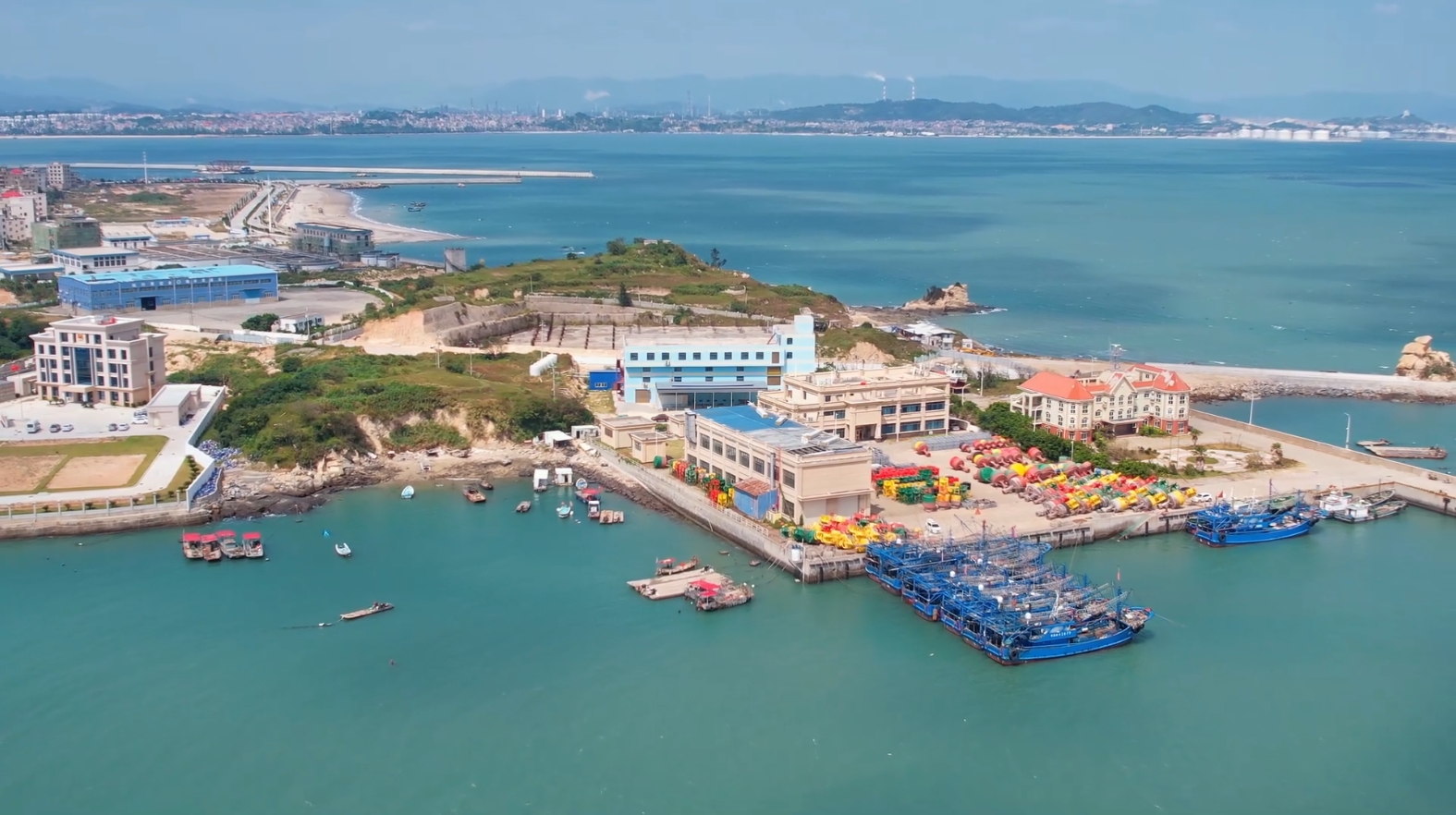 当前位置:
首页 >
当前位置:
首页 >
UK Plans to Sell Albion-class Dock Landing Ships, Raising Concerns about Naval Amphibious Capability
According to foreign media reports, the UK Ministry of Defence intends to sell two prematurely decommissioned Albion-class dock landing ships to Brazil, with an asking price of only £20 million (approximately $25.17 million). Although this move is part of the UK government's cost-cutting plan, it has sparked widespread doubts about the future amphibious combat capabilities of the UK Navy.
The UK has two Albion-class dock landing ships (HMS Albion and HMS Bulwark), both of which are still within their service life. HMS Albion was launched in March 2001 and commissioned in June 2003. It served as the flagship of the UK Navy from December 2010 to October 2011. HMS Bulwark was launched in November 2001 and commissioned in December 2004. It served as the flagship from October 2011 to June 2015.
This class of ships is 176 meters long, 28.9 meters wide, with a draft of 7.1 meters and a displacement of 19,500 tons. Its self-defense weapons mainly include two Goalkeeper close-in weapon systems, eight Sea Gnat chaff decoy launchers, and electronic countermeasures equipment. Each ship can simultaneously launch and land three EH101 helicopters or two Chinook heavy helicopters.
This class of ships embodies the design concepts of "balanced loading" and "multi-purpose use". Its main task is to provide vehicle and landing craft support for landing forces, cooperate with amphibious assault helicopter carriers for landings, and coordinate amphibious combat operations through integrated command, control, and communication systems. Due to its strong loading capacity, relatively complete equipment, and the ability to quickly convert simple cabins, this class of ships can also undertake tasks such as maritime transportation and rescue, humanitarian assistance, and peacekeeping.
The tight defense budget of the UK Navy in recent years is also reflected in the use of the Albion-class dock landing ships. In the 2010 Strategic Defence and Security Review, the UK proposed that one of the two ships should be kept in a "high state of readiness", and the other should be put into an "extended readiness state" and sealed to save costs. Even so, the total annual operating cost of the two ships still ranges from £17.7 million to £38.6 million. It is reported that currently, both ships are in a low state of readiness, and there is even no plan to return to the sea before their original decommissioning dates in 2033 and 2034. In fact, they have been long-term sealed at the Devonport Naval Base, still costing about £9 million per year for maintenance.
Recently, the UK Ministry of Defence has started a "wider restructuring" of the Navy and decided to decommission the Albion-class dock landing ships. The aim is to give priority to ensuring the normal operation and research and development of multi-purpose platforms such as the Queen Elizabeth-class aircraft carriers, Type 31 frigates, and "Future Assault Boats" to maintain and develop "distributed lethality", small amphibious platforms, and their integration with air and cyber capabilities. The UK Ministry of Defence said that over the past decade, the UK has invested a large amount of money in maintaining and upgrading the Albion-class dock landing ships, with a total expenditure of more than £132 million.
Many comments believe that the "streamlining" of the UK Navy may not necessarily increase efficiency. Maintaining large-scale amphibious combat capabilities in a high-intensity confrontation environment cannot do without large combat platforms. Relying on smaller support ships and fighter jets for coastal strikes will limit the scale and flexibility of expeditionary operations. In addition, some people in the UK have also questioned the low asking price of £20 million for the two Albion-class dock landing ships. They believe that the losses caused by the decommissioning of the two ships will be several times higher than the selling price. Conservative MP Mark Francois believes that the decision to sell the two Albion-class dock landing ships was made by people who do not understand military affairs and finance.
After the UK sells the Albion-class dock landing ships, it will mainly rely on three Bay-class auxiliary dock landing ships with a full-load displacement of 18,400 tons and the RFA Argus, a hospital ship converted from an aviation training ship with a service life of more than 40 years, to undertake amphibious combat tasks. To make up for the capability gap left by the two ships, it can only rely on the support of allied navies.




